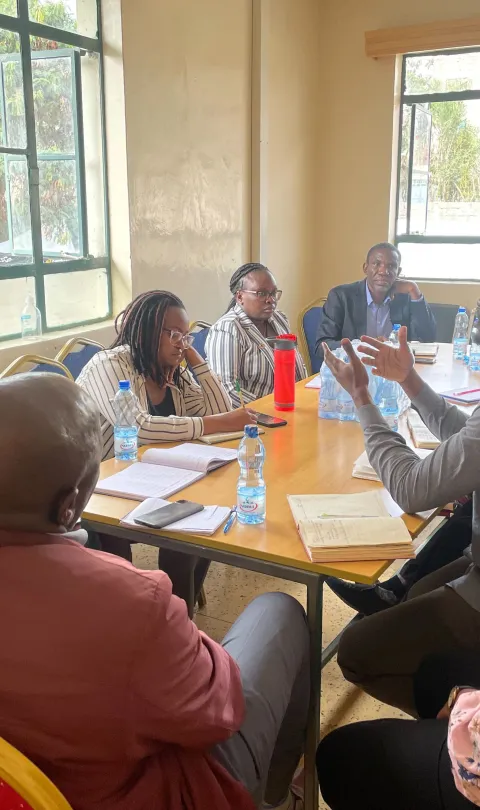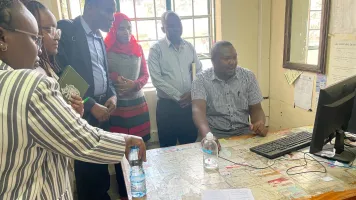Technology is increasingly being harnessed to help solve some of humanity’s biggest problems and accelerate progress towards the Sustainable Development Goals (SDGs). To ensure good health and wellbeing for all (SDG3), the potential of technology is being exploited to strengthen health systems and improve people’s health outcomes, especially in locations where health systems are under-resourced and weak.
There is increasing demand from governments and funders to digitize paper-based systems, leverage telecommunications technology, and employ sophisticated data analytics that can radically improve the way healthcare is delivered. As a result, digital health programs are springing up in many locations, even where technology is otherwise scarce.
The expanding adoption of digital health has resulted in increasing demand to use data from digital programs in research studies, analyses, and AI models, but the regulatory frameworks and data governance practices necessary to ensure that health data is used in an effective, safe, and fair manner have not kept up with the rate of technological development.
The World Health Organization is currently emphasizing the importance of health data governance – “to harness the full potential of data for better health outcomes, data needs to be collected, shared and used effectively” – and is encouraging governments to make improvements in this area as well as learn from each other.
Meanwhile, the Transform Health Coalition is advocating for the creation of a global health data governance framework to drive improvements in health data governance across the world. At the country level, governments such as Kenya and Zanzibar have taken the initiative to improve health data governance within their own countries, creating frameworks that suit their specific needs, while their health systems undergo digital transformation.
Purpose of the peer exchange
Recognizing the potential value of learning among peers to accelerate progress in health data governance, the Global Partnership and D-tree partnered to facilitate a knowledge exchange between the Ministries of Health from Kenya and Zanzibar.
The exchange took place in Nairobi, Kenya over two days in June 2023 and included bilateral talks between the two Ministries, a multi-stakeholder workshop on health data governance, and a site visit to a Ministry of Health Kenya facility currently rolling out Kenya’s first homegrown and government-led National Integrated Health Information System, Afya KE.
The key objectives of the peer exchange were:
- To gain an understanding of the health data governance frameworks in both Kenya and Zanzibar, including policies and procedures for data management, data security, and data privacy, and how they are implemented in practice including the challenges experienced.
- To explore strategies for promoting effective health data governance and data management, including stakeholder engagement and capacity building, and how they have been implemented in both Kenya and Zanzibar.
- To establish a network of contacts and ongoing communication channels between the Ministries of Health in Kenya and Zanzibar for continued collaboration and mutual learning on health data governance.
This exchange influenced knowledge and practice. It was an opportunity to discuss the challenges, but also to foster cross-government collaboration.
This case study documents the key areas of discussion outlining best practices, challenges and lessons. It also highlights the next steps for both Kenya and Zanzibar to be carried out individually and in collaboration with each other.


